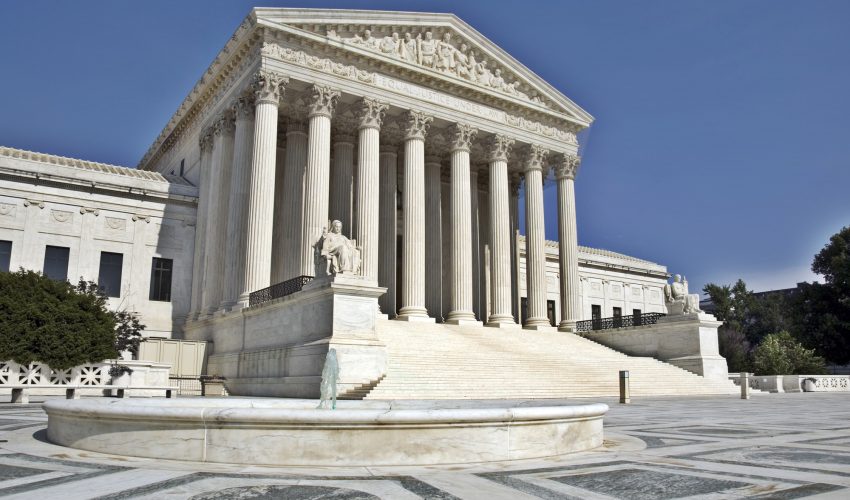FOR IMMEDIATE RELEASE
August 22, 2019
UTAH ATTORNEY GENERAL AND 10-STATE COALITION OBTAINS VICTORY IN BLOCKING THE 2015 WOTUS RULE
SALT LAKE CITY—Utah Attorney General Sean D. Reyes today announced that the U.S. District Court for the Southern District of Georgia granted summary judgment in favor of Utah and 9 other states in their lawsuit challenging the Obama Administration’s 2015 Waters of the United States (WOTUS) Rule and kept an injunction against the Rule in place while federal agencies finalize its replacement.
“The 2015 WOTUS Rule is a clear example for federal overreach that infringed on the States’ traditional role as primary regulators of land and water resources within their borders,” said Attorney General Reyes. “We are proud to have fought for this relief, and we look forward to reforms that will permanently relieve farmers and landowners of the unnecessary burdens that the 2015 WOTUS Rule created.”
In its ruling issued Wednesday afternoon, the court held that the 2015 WOTUS Rule “extend[ed] the Agencies’ delegated authority beyond the limits of the [Clean Water Act]” in a number of ways and also violated multiple procedural requirements for issuing the Rule set out in the federal Administrative Procedure Act. The court explained, “Congress has delegated the important role of protecting the nation’s waters to the Agencies, but in fulfilling that role, the Agencies must comply with the law. Here, they have failed to do just that.” As a result, the court left in place its preliminary injunction that blocks the rule from going into effect in any of the coalition states while the agencies “continue their efforts to change the WOTUS Rule in light of the serious defects identified in this Order.”
Background: Last year, the Environmental Protection Agency and the Department of the Army proposed rules that would rescind and replace the 2015 WOTUS Rule. In April of this year, Utah joined 16 other states in submitting comments supporting that proposal. Read more here.
Led by the Georgia Solicitor General’s Unit, the 10-state coalition in this case also included the following states: Alabama, Florida, Indiana, Kansas, North Carolina, South Carolina, West Virginia, and the Commonwealth of Kentucky.
###
NOTES:
- Read a copy of the ruling here: https://attorneygeneral.utah.gov/wp-content/uploads/2019/08/Georgia-v.-Wheeler-order-granting-summary-judgment.pdf.




